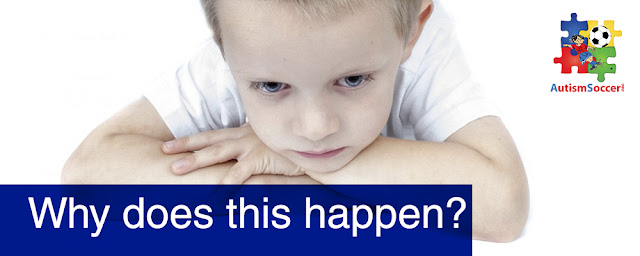 |
| You're about to take a big step in your life, so be prepared for it responsibly. |
When you first attempt to get into the parenting world, you prepare to expect the unexpected. Deciding on bringing a life into this world means knowing you’re about to be responsible for someone else other than yourself. The big question now is: why preparing for parenthood is so important?
For a life so fragile, having it all set up beforehand makes the difference. They need you at all times, and more than that; they need you to be ready to look after them. Here are some details you should prioritize:
1.- A place to sleep
While it is a feasible option to have the baby sleeping in your bed, it is not a recommended thing to do. The risks range from overheating to choking the child. Co-sleeping is better suited for more experienced parents.
Your best choice is to opt for a Moses basket close to your bed, or a cradle if possible. Bear with the fact that you need to add comfy bedclothes to cover either of your choices. Having baby sleeping bags is a plus, or you can rather use blankets instead.
2.- Clothing
This is the point where parents tend to overdo it a little. A fair piece of advice: Do not buy excessive pieces of clothing for the baby. The main reason is that children grow at an astounding pace, so all these cute-looking clothing will end up being unused.
Regarding size, there are three options: “tiny baby,” “new baby” and “0-3 months”. The best choice is the medium, “new baby” sized clothing.
3.- Feeding
Breastfeeding should be your primary source of nutrients for the baby, but it is also better to have bottles for when the transition takes place (between the first 6~12 months). The American Medical Association advises not to stop breastfeeding the baby until a prudential amount of time.
If you’re willing to go for bottle-feeding, you’ll be needing a stock of bottles, sterilizing equipment and a formula according to the size and weight of your children. Make sure your baby likes it, but have different types of bottles in a case.
4.- Diapers
Diapers are essential, just as simple as it sounds. Whether you want to be environmentally friendly or just prefer disposable ones, both do the job just fine. Just like in the clothing section, be careful with buying too many diapers (again, babies grow incredibly fast).
Cloth diapers are by far, the most useful alternative to these two. However, they require a wash after being used. If you need to save some money in other expenses, then these are your option to go.
Remember to buy diaper sacks and the essential baby wipes; you’ll regret not having them when the time comes.
No matter how much you prepare for that big day, you’ll never be a 100% ready for that baby who’s about to come. Given that fact, it’s still useful to investigate and have a plan (if you’re here, then you are working on that already) for when that special day comes.
In the end, seeing your baby for the first time will make all this planning worthwhile. It is a moment you will never forget, and it will mark the start to another level of parenthood. Get ready, for a new life is born.
 |
| Embrace your children as gifts life has given you. They come so you can teach them and learn at the same time. |
Facebook: Autism Soccer
Instagram: Autism Soccer
Twitter: Autism Soccer














